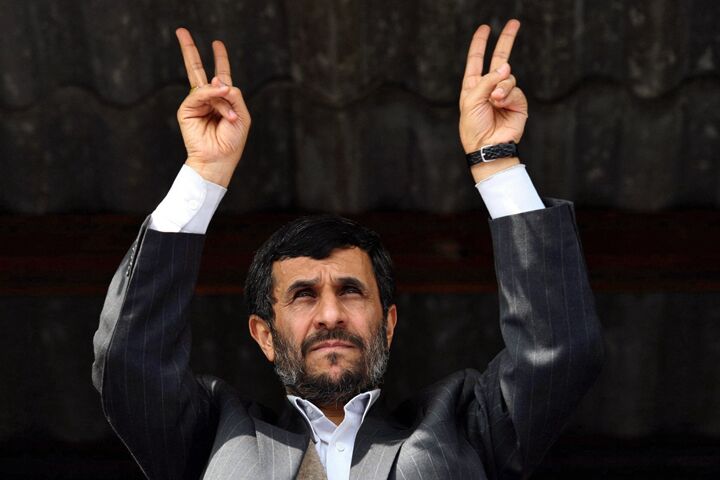
Iran Strengthening Ties With Pakistan
An Iranian official spoke out for strengthening bilateral links with Pakistan on Saturday, a development that would increase Tehran’s influence in the region.
“Pakistan and Iran can play important roles in strengthening the region,” Iranian Consul General Saeed Kharazi told a press conference at Khane-ye-Farhang on the 29th anniversary of the Iranian Revolution, when Islamist extremists seized control of the nation’s government and established a terrorist-sponsoring regime. “The people of Pakistan and Iran are one,” he added (Fars News Agency, February 10).
Kharazi claimed that Pakistan is Iranian foreign policy’s top priority. He pointed to projects like the two nations’ gas pipeline and electricity exported to Pakistan.
The consul general also took the opportunity to slam the United States, painting Pakistan and Iran as Muslim brothers and saying that the war on terror seemed to him to be an assault against Islamic nations intended to “damage the unity of Muslim countries.” He said the war was aimed at “hitting the peaceful spirit, unity and objectives of the Islamic Revolution, like in Iran.” The Fars article continued:
When asked what Iran thought of Pakistan’s support in difficult times since the U.S. was the latter’s ally and Iran’s enemy, Kharazi said every country had its own foreign policy, adding, “However, we believe no foreign policy should be based on harming other countries.” …
”Iran takes pride in always being ready to extend its hand of friendship to all countries, especially to the neighboring Islamic countries. We are ready to share our achievements with them,” he continued.
Much of Iran’s inroads into Pakistan revolve around economic initiatives. A news organization named Unique Pakistan reported on Sunday that Ahmed Fasihi, commercial attaché of the Iranian consulate general, said economic and business deals with Pakistan will flourish in coming months. A new Preferential Trade Agreement between the two countries includes 647 items, including a variety of products and materials from Pakistan that will enjoy drastic reductions in import tariffs.
Pakistan—a nuclear power and an ally of Washington thanks to its embattled leader, President Pervez Musharraf—continues to face raucous instability. Many Pakistanis are attempting to force the autocratic Musharraf out of power and, surprisingly, it appears that so is the U.S. State Department. Within Pakistan’s borders, Islamist militants enjoy numerous all-but-autonomous safe havens. Among ordinary Pakistanis, polls indicate that Osama bin Laden is already more popular than Musharraf. Many analysts say this explosive mixture makes Pakistan the most dangerous country in the world.
Continue to monitor Islamabad’s instability, but scrutinize Tehran’s designs for its relations with Pakistan, because Iran is the Muslim world’s most dangerous nation. Iran’s status as king of Islam and its leverage against Washington will only be bolstered by stronger ties with its Islamic eastern neighbor. For more on Pakistan, read “Pakistan and the Shah of Iran” by editor in chief Gerald Flurry.
